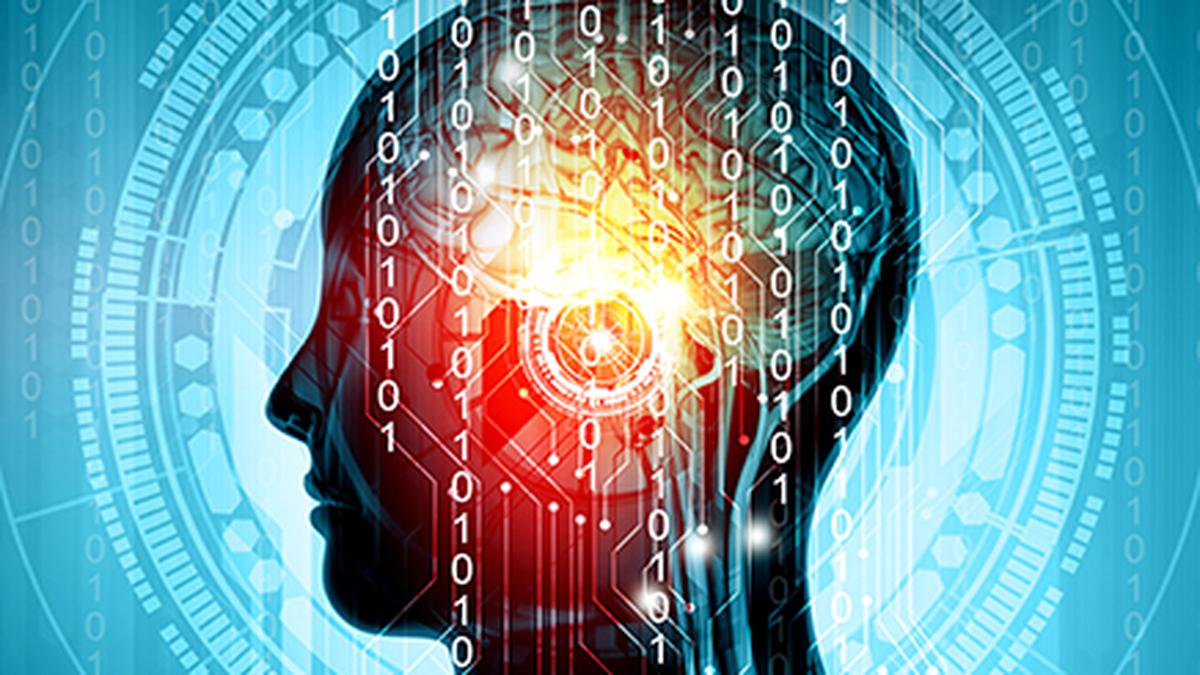India Joins the UN-CEBD

- 13 Jan 2025
In News:
- India has recently joined the United Nations Committee of Experts on Big Data and Data Science for Official Statistics (UN-CEBD), marking a significant step in strengthening its role in global statistical frameworks.
- The inclusion is a result of India's recent membership in the United Nations Statistical Council (UNSC), signaling the nation's growing influence in global data governance.
Key Highlights
- India's Growing Influence: India’s entry into the UN-CEBD highlights its growing stature in the international statistical community, emphasizing its commitment to utilizing big data and data science for informed decision-making.
- Strategic Opportunity: This membership allows India to contribute to shaping global standards in leveraging big data for official statistical purposes, especially in tracking Sustainable Development Goals (SDGs).
What is UN-CEBD?
- UN-CEBD is a specialized body under the United Nations, formed in 2014 to explore the benefits and challenges of using big data and data science to strengthen global statistical systems.
- It was established under the United Nations Statistical Commission (UNSC).
- Members: The committee consists of 31 member states (including India) and 16 international organizations.
Key Objectives
- Monitor SDGs: Use big data to track progress towards achieving the Sustainable Development Goals (SDGs).
- Address Data Challenges: Overcome challenges in utilizing non-traditional data sources, such as satellite imagery, Internet of Things (IoT), and private sector data.
- Promote Big Data Use: Encourage practical applications of big data across borders while addressing associated challenges.
Governance and Functions
- Advisory Board: Provides strategic direction, convening four times a year.
- UN Bureau: Manages day-to-day operations.
- Key Functions:
- Strategic Coordination: Vision and direction for utilizing big data in global official statistics.
- Capacity Building: Enhance capabilities through training, technical assistance, and knowledge sharing.
- Public Trust: Establish confidence in using big data for official statistics.
Big Data: Definition and Importance
What is Big Data?
- Big data refers to vast, complex datasets that cannot be processed by traditional data management systems.
- It enables enhanced decision-making and improved processes for policy formulation, product development, and governance.
India's Big Data Initiatives
- National Data & Analytics Platform (NDAP): Facilitates data-driven decision-making.
- Big Data Management Policy: Defines strategies for managing large datasets within government agencies.
- National Data Warehouse on Official Statistics: Centralizes official data for better access and analysis.
The 6Vs of Big Data
- Volume: Large amounts of data.
- Velocity: Speed of data generation and processing.
- Variety: Different types of data.
- Veracity: Accuracy of data.
- Value: Significance of the data.
- Variability: Fluctuations in data.
India’s Role in the UN-CEBD
Contribution to Global Standards
- India's initiatives such as the Data Innovation Lab and the use of satellite imagery and machine learning will be shared with other members, fostering global collaboration in statistical innovations.
- India will contribute to shaping international standards for the use of big data in monitoring SDGs.
Enhancing Statistical Processes
- Modernization of Data: India aims to modernize its statistical processes by incorporating IoT, satellite data, and private-sector data.
- Real-time Insights: Providing policymakers with timely and accurate data to address key socio-economic issues.
- Improving Estimates: Using big data to enhance the accuracy of official statistics, improving governance and policymaking.
Strategic Goals of India's Engagement
- Streamline Statistical Production: Innovation in data collection, processing, and analysis to reduce delays in data availability.
- Improve Decision-Making: Provide real-time, evidence-based insights to policymakers.
- Foster International Collaboration: Share India’s expertise and learn from global best practices to build future-ready statistical systems.
